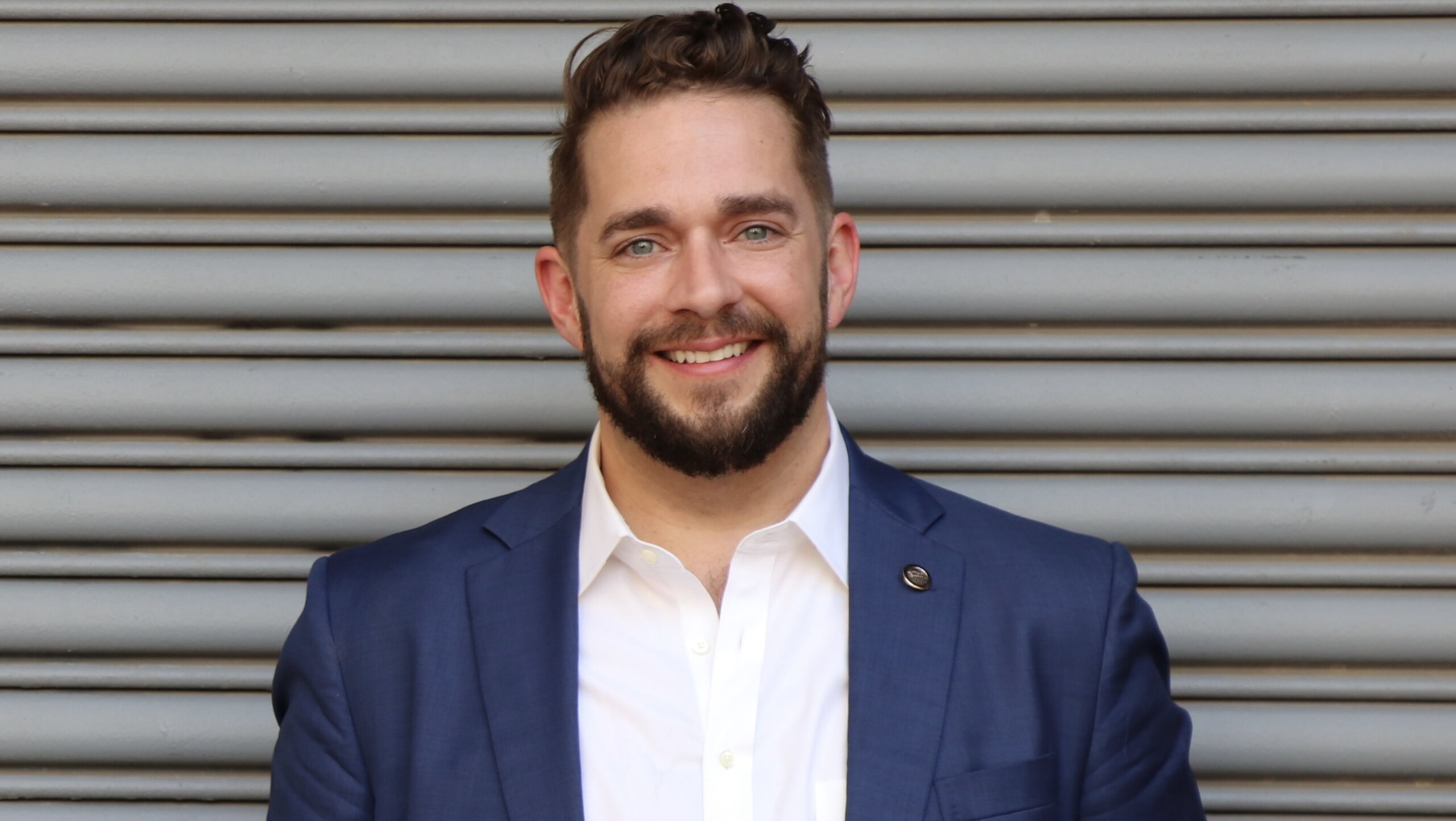In the wake of the Alabama legislature passing two anti-trans bills earlier this month, the state’s only openly gay lawmaker is speaking out against the Republican-led legislative crusade, saying that the bills are political plays that will greatly harm the state’s LGBTQ2S+ youth.
Rep. Neil Rafferty tells Xtra that he sees the move as a kind of “political stunt,” and compared it to bullying. “These are just kids growing up—they can’t even vote yet,” Rafferty says. “And we’re sitting here putting targets on their backs, putting targets on their parents’ backs.”
In a last-minute vote on April 7—the final day of the state’s normal legislative session—Alabama legislators pushed through two restrictions on trans youth: one limiting their access to gender-affirming care, and one preventing them from using the locker room that matches their gender.
“These are just kids growing up—they can’t even vote yet. And we’re sitting here putting targets on their backs, putting targets on their parents’ backs.”
SB 184 criminalizes doctors who provide gender-affirming care like hormone replacement therapy (HRT) and puberty blockers to trans youth under the age of 19. Doctors who violate the law could be subjected to 10 years in prison and a $15,000 fine. The law also contains a provision that forbids teachers from withholding information about minors’ trans status from parents—essentially forcing teachers to out trans kids. While similar bills have been proposed in multiple states, Alabama is the first to sign one into law.
The other bill, HB 322, prevents trans students attending K-12 schools from using the locker room in accordance with their lived gender on school campuses. In a controversial move, the bill was also amended at the last second to include a provision that opponents have compared to Florida’s controversial “Don’t Say Gay” bill. The amendment goes further than Florida’s, limiting “classroom instruction or discussion on sexual orientation or gender identity” for grades K-5. (Florida’s law applies to just K-3, though opponents have said that its wording could be leveraged to limit such discussions for all grade levels.)
Both Alabama bills were signed into law by Gov. Kay Ivey the very next day, and advocates have since filed suit against SB 184, which will go into effect in early May.
Rafferty calls the April 7 votes “maddening” on multiple levels—noting that on the final day of voting, the anti-trans bills were placed at the top of the legislative calendar, while bills for things like school funding were moved to the bottom. “It’s a slap in the face to all these children here who need good math and science teachers, who need better educational opportunities than what Alabama has provided,” Rafferty says.
Rafferty also found the bills’ passages frustrating in the wake of what he says were years of trying to convince his conservative colleagues to care about the lives of Alabama trans kids—whose freedoms have been on the ballot since 2020, when the first iterations of the trans healthcare bans were introduced.
Rafferty says that he’s spoken one-on-one to a majority of the state house about the legislation. “I fought it by introducing people to transgender youth,” he tells Xtra. “I introduced them to their families. I would arrange meetings with leadership on both sides of the aisle. Because I knew that there was going to be a misunderstanding of what it was to be transgender.” Rafferty estimates that he spoke to 70 to 75 percent of his colleagues about the bill.
“I’d had conversations about why this bill was so bad; long conversations. Answered the questions,” he says. “And that’s why I was also so furious. They can’t even plead ignorance with me.”
While he feels his efforts weren’t all for naught—at least two Republicans broke party lines and voted against the legislation, while some abstained—ultimately, the bills still passed. It’s moments like these, Rafferty says, when he feels the weight of being the only visible representation for LGBTQ2S+ people in Alabama in their legislature.
“My priority is obviously always going to be making sure I represent all the diverse communities and all the people of house district 54,” he says. “But there’s another kind of layer of my representation, which requires me to also speak up and fight for folks across the state too.”
Rafferty says the families of trans kids he’s talked to in the wake of the bills’ passages have expressed fears about staying in the state. “They don’t feel safe here,” he says. “Some of them are looking for places to move. It’s heartbreaking that people who were born and raised here, or had moved here and made Alabama their home, don’t feel like this is their home.”
In the face of the ongoing legislative trends targeting trans youth, Rafferty says it’s time for people in Alabama to speak out—whether it’s through volunteering, donating or any kind of advocacy people can do on behalf of trans kids and their families.
“These children … they don’t deserve it,” he says, his voice breaking. “They deserve to grow up, figure themselves out, study, get in fights with their parents … all the stuff that kids and teenagers are supposed to be doing. But they don’t deserve this. This is their home too.”


 Why you can trust Xtra
Why you can trust Xtra


